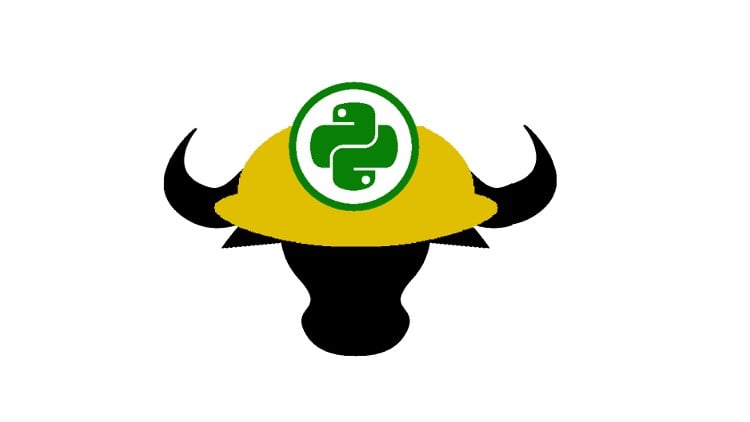What
You’ll Learn
You’ll Learn
- Understand what “DevOps” is
- as well as how to perform “OpsDev,” “O2,” “D2,” R&D activities
- Learn how to use vital Linux / POSIX inspired operating system (“Ops”) commands
- Discover how to re-use operating system commands from Python (“Dev”)
- Discover key differences between POSIX tooling on Microsoft Windows
- macOS
- and Linux
- Use Python to automate powerfull POSIX shells
- commands
- & tools
- Learn de-facto standard utilties & commands that are not yet part of POSIX
Requirements
- Python 3 must be installed
- Students must know how to use Python 3 collections
- classes
- as well as basic functions
Description
Python and Linux are two things that all popular DevOps strategies have in common.
By discovering how to use GNU Linux commands under Python 3, you will discover where you can start enjoying some of the many speed-up by “going native”.
Focusing upon automating operating system activities, Python 4000: Linux Commands & DevOps Automation explorers will also spend some quality time demystifying the DevOps experience, as well as well as how to take advantage of using POSIX under Modern Python.
DevOps Realms
From AIX, Linux, Android, and macOS, to the Microsoft Windows Operating Systems, if you are confused about exactly what folks might mean when they say “POSIX” or “DevOps,” then this training is for you.
Software developers wanting to know how to run Linux & GNU commands on the Microsoft Windows Operating Systems via Cygwin will also enjoy this educational offering. -The more operating system you have to work on, the better you’ll like Python 4000: Linux Commands & DevOps Automation!
You’ll also enjoy many hands-on practice activities.
Standards?
Much like Python itself, the P.O.S.I.X standards assure us that we can write our DevOps automation routines once, and then run them as far and wide as possible. Even across an ever increasing number of operating systems!
Because standards matter, Python 4000: Linux Commands & DevOps Automation starts by defining the various type of standards we need to be aware of.
POSIX?
Discussing cross-platform DevOps automation often requires us to appreciate the formal standards, tools, and operating system conventions & commands that we can rely upon.
POSIX means having a compatible file system that allows us to have the classic embedded permissions, groups, user identifiers, as well as file names which include special ‘ops characters (e.g. os.pathsep, os.sep) and other common conventions.
Both in terms of definition as well as compliance, the Portable Operating System Interface (POSIX Standard) has been growing since 1996. Most Operating Systems – even Microsoft Windows – support various levels of POSIX compliance.
DevOps Power-Up
While Python is fast, Operating System commands are usually faster.
The POSIX Standard also includes the definition and inclusion of over 159 command-line utilities, as well as user-interface ‘shells.’ Each a powerful performance power-up that DevOps can re-use from within the Python programming world.
Ultimately, using standardized POSIX commands represent an OS-quick, DevOps opportunity that allows us to work on many different Unix-inspired operating systems so as to not be concerned about what flavor of Linux we’re running.
Who this course is for:
- Python programmers who want to learn how to use Linux / GNU
- “Software developers who need to learn Python 3 / GNU / POSIX Ops”
- DevOps personnel interested in learning how to use Python 3 to automate common chores






